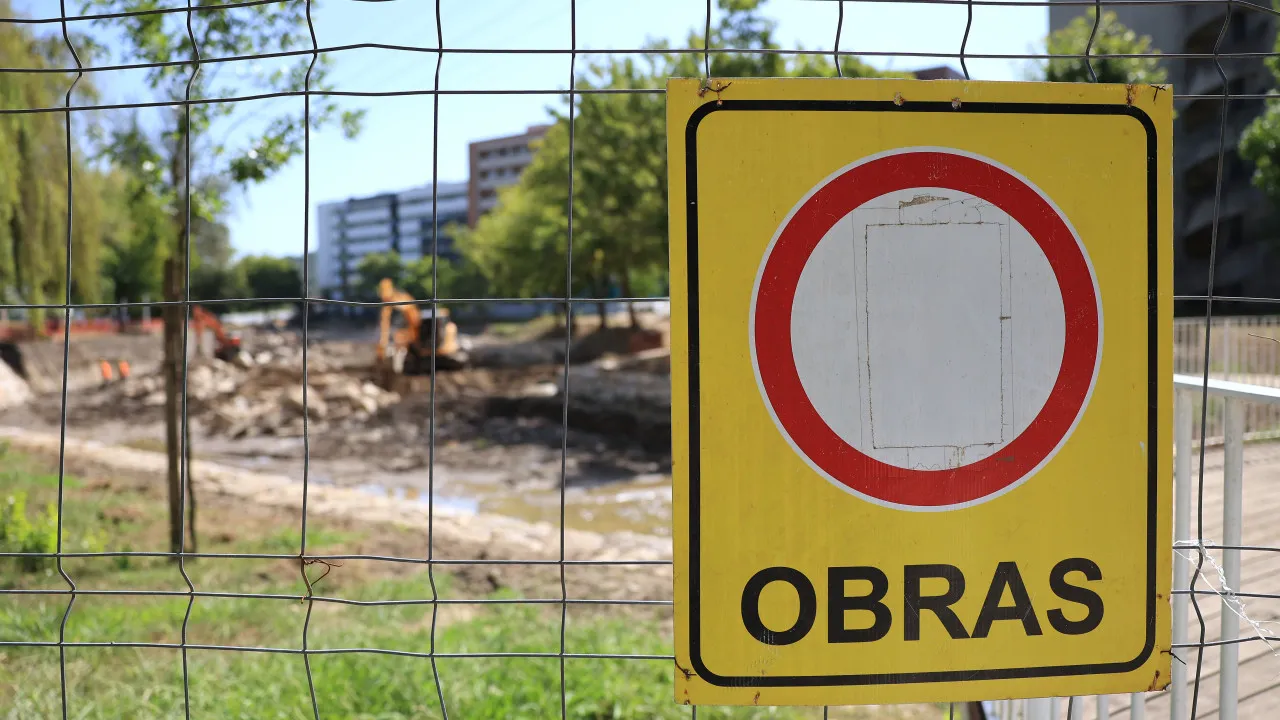
The professor from the University of Minho highlights the lack of mandatory opinions in the approval process and the limitations on access to justice outlined in the amendments to the “legal regime for the entry, stay, exit, and expulsion of foreigners from the national territory.”
“From a procedural point of view, there were irregularities” in the parliamentary approval of the bill because “mandatory opinions were not requested,” explained Patrícia Jerónimo.
Critical opinions from the Superior Council of the Judiciary (CSM) and the Superior Council of Administrative and Fiscal Courts (CSTAF) were requested within a time frame of only two days, and there was no hearing of constitutionalists and immigrant associations formally requested by opposition parties.
The bodies have already informed the parliament that they were unable to provide a legal opinion in such a short time.
Moreover, the new law reduces the right of appeal to the courts for those who have administrative decisions by AIMA, something that may cause the bill to violate “the right of access to justice,” warns the researcher, who has a thesis on migration and citizenship in Portugal, the European Union, and Lusophony.
“Not being able to appeal a family reunification decision to the courts is highly problematic,” because, under general law, “administrative decisions are always subject to appeal,” considered the migration specialist.
Today, politicians harbor the illusion of creating a fortress in Europe, but “things are more complex” since “migration routes do not end; they deviate,” yet the “pressure will persist, and the country needs labor.”
In the past, “Portugal was somewhat shielded from migration pressure because there were other destinations more appealing geographically and financially.”
In the late 1990s and early 2000s, Portugal experienced a first wave of migration from Eastern Europe and outside the Lusophone world. This was seen by many Portuguese “almost proudly” as a sign that the country “had joined the club of the wealthy” and was attractive from the standpoint of economic migrants.
The presence of these immigrants sparked, for the first time, discussions about foreign integration, leading to public policies primarily focused on teaching the Portuguese language.
Back then, “Portugal seemed like a highly inclusive country,” in line with the notion of a welcoming, multicultural, and tolerant nation, something that began to change more recently with shifts in immigrants’ countries of origin.
“We also started to witness a wave of anti-foreigner sentiment, and legal responses followed this line”: party leaders “found it politically useful to demonize immigrants,” considered the academic.
Nonetheless, in Portugal, most politicians “still express concerns in their discourse and exhibit some semblance of humanity” towards immigrants, claiming that the tightening of laws aims to create a “cohesive and integrated society.”
Changes in family reunification rules, delaying requests by two years after the issuance of residence permits, reflect this shift in the Portuguese state’s attitude.
The “European directive establishes frameworks for family reunification,” and Portugal had the most favorable solution for applicants within these limits because “there is nothing wrong with immigrants bringing their nuclear family” to join them.
“Now, the choice is a solution that leaves immigrants living alone, which will entail integration costs,” stated the jurist, arguing that “it is preferable to have families rather than isolated individuals.”
This also demands state resources, with investments in public services because “the responsibility cannot be placed solely on immigrants,” defended Patrícia Jerónimo, recalling that the European Commission itself has emphasized that integration is a bidirectional process requiring efforts from both immigrants and the host society.
One criticism of the bill under consideration by Marcelo Rebelo de Sousa is the end of preferential treatment for immigrants from the Community of Portuguese-Language Countries (CPLP).
“The parliamentary debate was interesting: the parties to the right, traditionally the defenders of Lusophony, approved this ‘reversal’ we now have,” as “access to Portuguese territory becomes more challenging.”
From now on, all work visas must be issued in the countries of origin and those entering with another type of visa cannot change status in Portuguese territory.
However, the jurist notes that this change does not undermine the organization’s mobility agreement because it is a treaty that “allows States considerable latitude” in implementation.
“Portugal was at the forefront and appeared very committed to promoting the agreement, and is now backtracking on the rights inscribed in the law under that agreement,” she considered, although admitting that the treaty “is not a legal straitjacket for the Portuguese state.”




